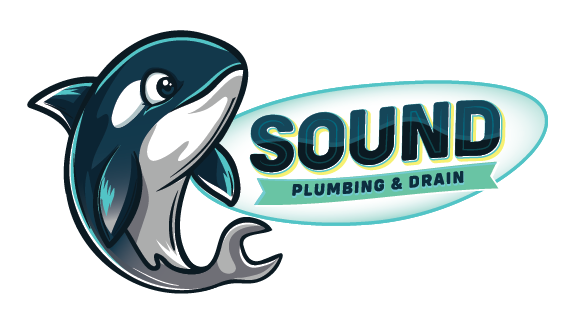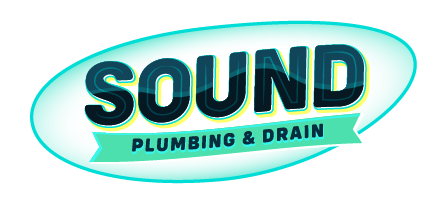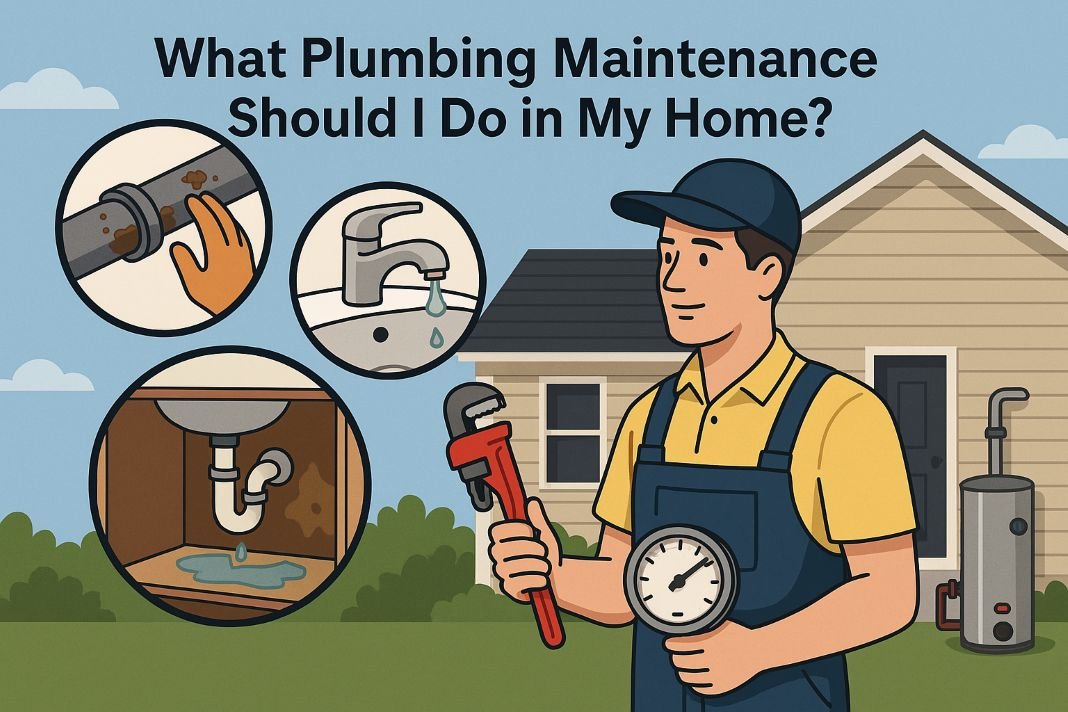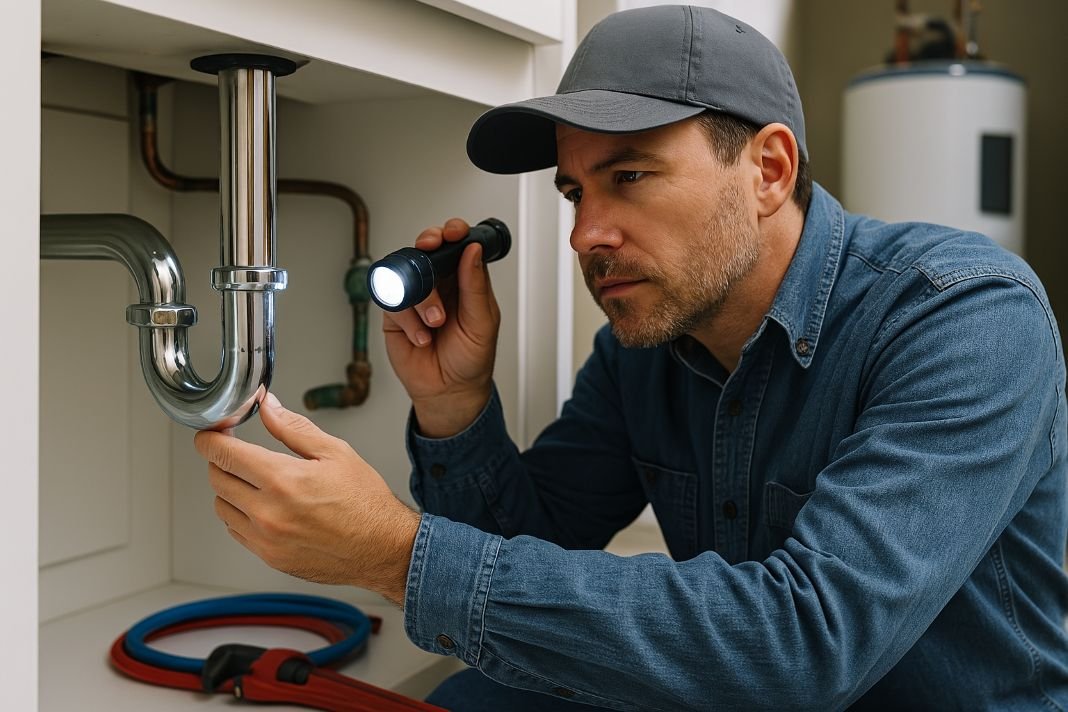What plumbing maintenance should I do in my home?
Plumbing maintenance in your home helps prevent costly water damage, ensures consistent water pressure, and extends the life of fixtures and appliances. Homeowners in Vancouver Washington and Portland Oregon often deal with seasonal plumbing challenges including freezing temperatures, mineral buildup from hard water, and aging infrastructure. By following a practical routine that includes inspections, minor repairs, and cleaning, you can reduce the risk of emergency plumbing problems and keep your system working smoothly.
Here's What We Have Covered In This Article
Regular Visual Inspections Around the Home
Spotting Water Stains and Leaks Early
Look for discoloration on ceilings, floors, and walls. These stains often mean there is a hidden leak behind drywall or under flooring. You should also check cabinets under sinks for dampness and bubbling wood which can indicate a slow leak. Use a flashlight to check around the water heater, clothes washer, and dishwasher for puddles or mold growth. If you notice any of these issues, it is time to call a professional plumber in Vancouver or Portland to investigate further.
Checking Pipes for Rust or Corrosion
Older homes in the Pacific Northwest often have galvanized steel or copper pipes. Over time, oxidation can lead to corrosion. Watch for signs like flaking metal, green discoloration around joints, or reddish rust on exposed piping. These are early warnings that a section of your plumbing system may need to be replaced. Regular inspection allows you to catch these issues before they cause a full pipe failure or lead to a major leak.
Keep Drains Free of Blockages
What Not to Pour Down the Drain
Many clogged drains are caused by everyday habits. Cooking grease, oils, coffee grounds, and fibrous vegetable scraps should always be disposed of in the trash. These materials can solidify and cling to pipe walls. In the bathroom, avoid flushing wet wipes, paper towels, or feminine hygiene products. These items do not break down and will eventually cause blockages in sewer lines.
To learn more about preventing drain problems, visit our page on clogged drain services.
Natural Methods to Maintain Clear Drains
Flush your drains monthly using a mixture of hot water, white vinegar, and baking soda. This simple combination helps break down organic buildup without damaging pipes. Enzyme-based drain cleaners are also safe for septic systems and can support the natural breakdown of organic waste. These methods are especially useful for homes in Portland and Vancouver where older plumbing systems may be more sensitive to chemical drain cleaners.
Monitor and Manage Water Pressure
Why is water pressure important for plumbing health?
Maintaining the correct water pressure protects your fixtures, pipes, and appliances from damage. Water pressure that is too high can stress pipe joints and seals, eventually causing leaks. Low pressure may indicate a blockage, a leak in the main water line, or problems with municipal supply.
Tools to Measure Water Pressure
You can check your water pressure using a pressure gauge that connects to an outdoor hose bib. Ideal pressure ranges between 40 and 60 pounds per square inch. If readings are higher than 80 pounds per square inch, install a pressure reducing valve to protect your plumbing system. Residents in some areas of Vancouver and Portland report fluctuating municipal pressure levels, making home monitoring even more important.
Leak Detection and Prompt Repairs
Common Leak Points to Watch
Inspect supply lines for sinks, toilets, water heaters, and washing machines. These flexible hoses often wear out over time. Dripping faucets, running toilets, or hissing sounds behind walls can signal leaks. Monitoring your water bill for unusual spikes is another way to detect hidden issues.
How to Temporarily Handle Leaks
If you find a leak, turn off the water at the nearest shut-off valve or the main water supply. Use plumber’s tape or a compression clamp for a temporary seal. Schedule a professional repair quickly. Ignoring even small leaks can result in wood rot, mold growth, or foundation damage. For quick service, explore our emergency plumbing repair page.
Water Heater Maintenance for Efficiency
Draining and Flushing the Tank
Sediment buildup reduces efficiency and causes the heater to work harder. Draining several gallons from the tank once or twice a year can reduce this buildup. Attach a garden hose to the drain valve and let the water run out until it flows clear. Flushing helps maintain hot water supply and extends the life of the unit.
Inspecting Components Annually
Test the temperature and pressure relief valve by lifting the lever to ensure it opens and closes properly. Replace it if water drips constantly or the valve is stuck. Inspect the anode rod every two to three years. This metal rod protects the tank by attracting corrosive elements. Replacing it can delay rust and prolong the tank’s life. Set the thermostat to 120 degrees Fahrenheit for safety and energy savings.
Preventing Frozen Pipes in Winter
How to Insulate Pipes Properly
In colder parts of Clark County and Multnomah County, pipes in unheated areas are at risk of freezing. Use foam pipe sleeves or fiberglass wrap to protect pipes in crawl spaces, basements, garages, and attics. Seal gaps around windows and doors near plumbing to keep cold air out.
Tips During Freezing Weather
Keep cabinet doors open under sinks to let warm indoor air reach the pipes. Letting faucets drip slowly helps relieve pressure and keeps water moving. If you plan to travel, keep your thermostat set above 55 degrees. Burst pipes from freezing are a common winter emergency that can lead to extensive repairs.
Would you like me to continue with the next set of refined sections?
Fixing Minor Plumbing Issues Right Away





